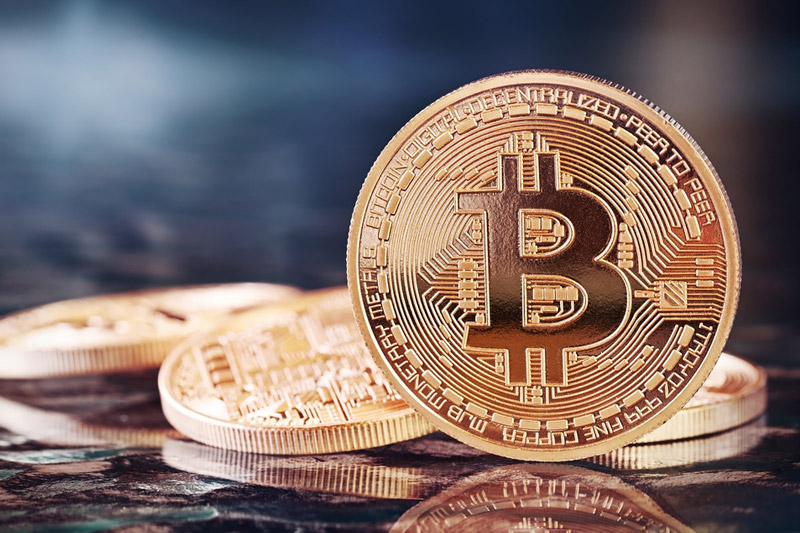Ex-Fed Chair Believes Bitcoin Reserve Might Not Be Good Idea: Details
U.Today - Bill Dudley, former chairman of the New York Federal Reserve, has expressed concerns about the potential inclusion of Bitcoin in the United States' national reserves.
The idea of a national Bitcoin reserve has gained traction this year among some policymakers and crypto enthusiasts, who argue that it could provide a hedge against inflation and diversify U.S. financial assets.
While Dudley believes that crypto technology has the potential to improve the financial system and that a Bitcoin reserve might send BTC prices soaring, he argues that a BTC reserve might not be beneficial overall.
At the time of writing, BTC was trading down 4.31% in the last 24 hours to $98,854. It previously touched an all-time high of $104,000 during yesterday's trading session.
Bitcoin reserve might send BTC price soaringIn a Bloomberg opinion article, Bill Dudley, former president of the Federal Reserve Bank of New York, explains why he believes a Bitcoin reserve might not be a good idea: it might worsen the government's finances by fueling inflation, and the government would be stuck holding volatile tokens that generate no income.
Bitcoin, according to Dudley, hardly qualifies as money, and its volatility makes it an unsuitable medium of exchange. In most nations, people are not required to accept it as money, he noted. "Transactions are slow and expensive, requiring significant computing power and energy to validate each one," Dudley stated.
The ex-Fed president, however, believes that Bitcoin has some positive attributes: "It’s portable—you can keep millions of dollars’ worth on a thumb drive. It’s semi-anonymous, in the sense that holders are identified only by a public alphanumeric key. It can be transferred to anyone, anywhere, without relying on government-regulated banks or other traditional financial intermediaries."
If enacted, Dudley believes a Bitcoin reserve would undoubtedly send the BTC price soaring as investors pile in to get ahead of the government’s purchases, but on the contrary, it might stoke inflation.
Source: Investing.com
